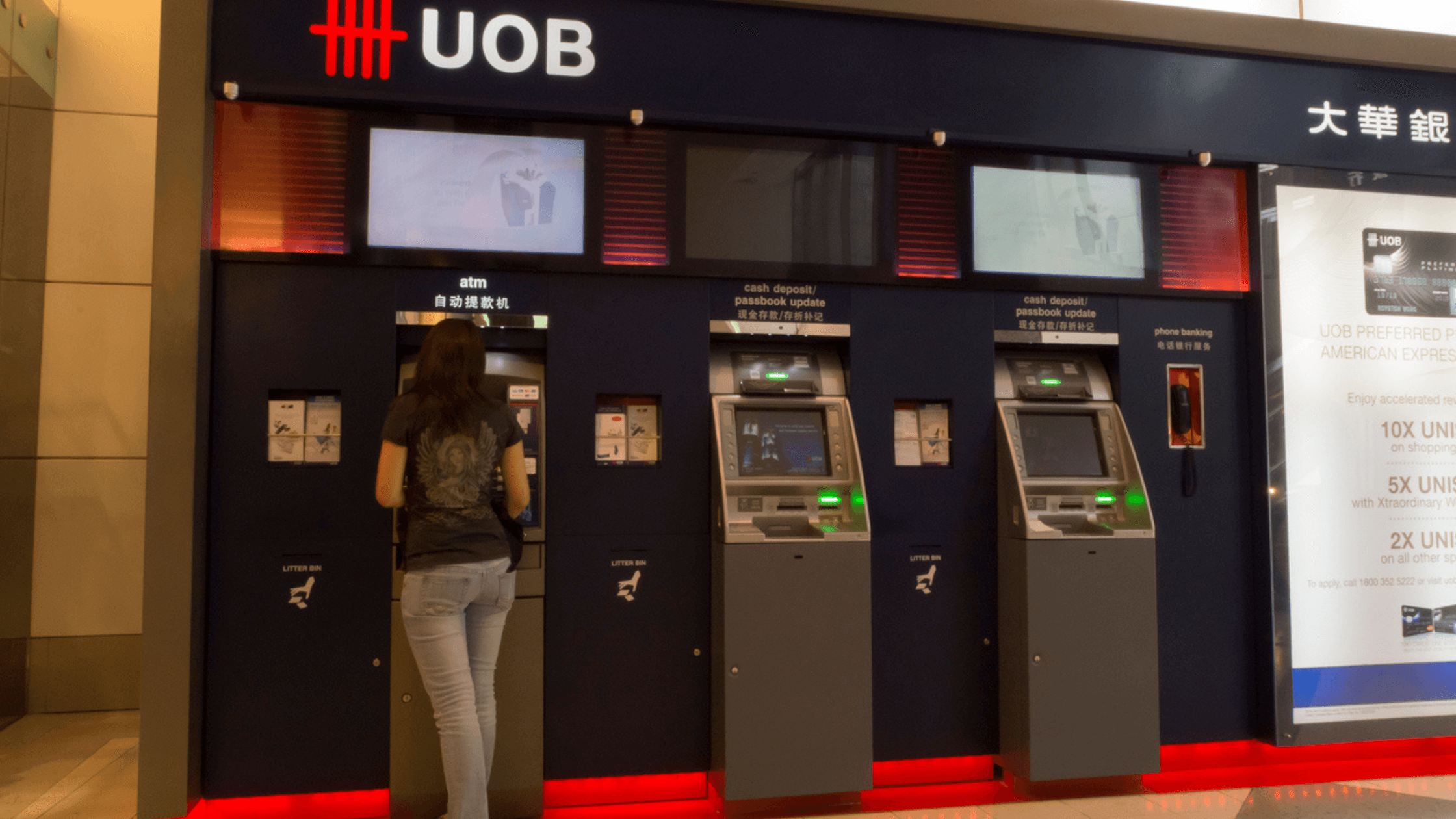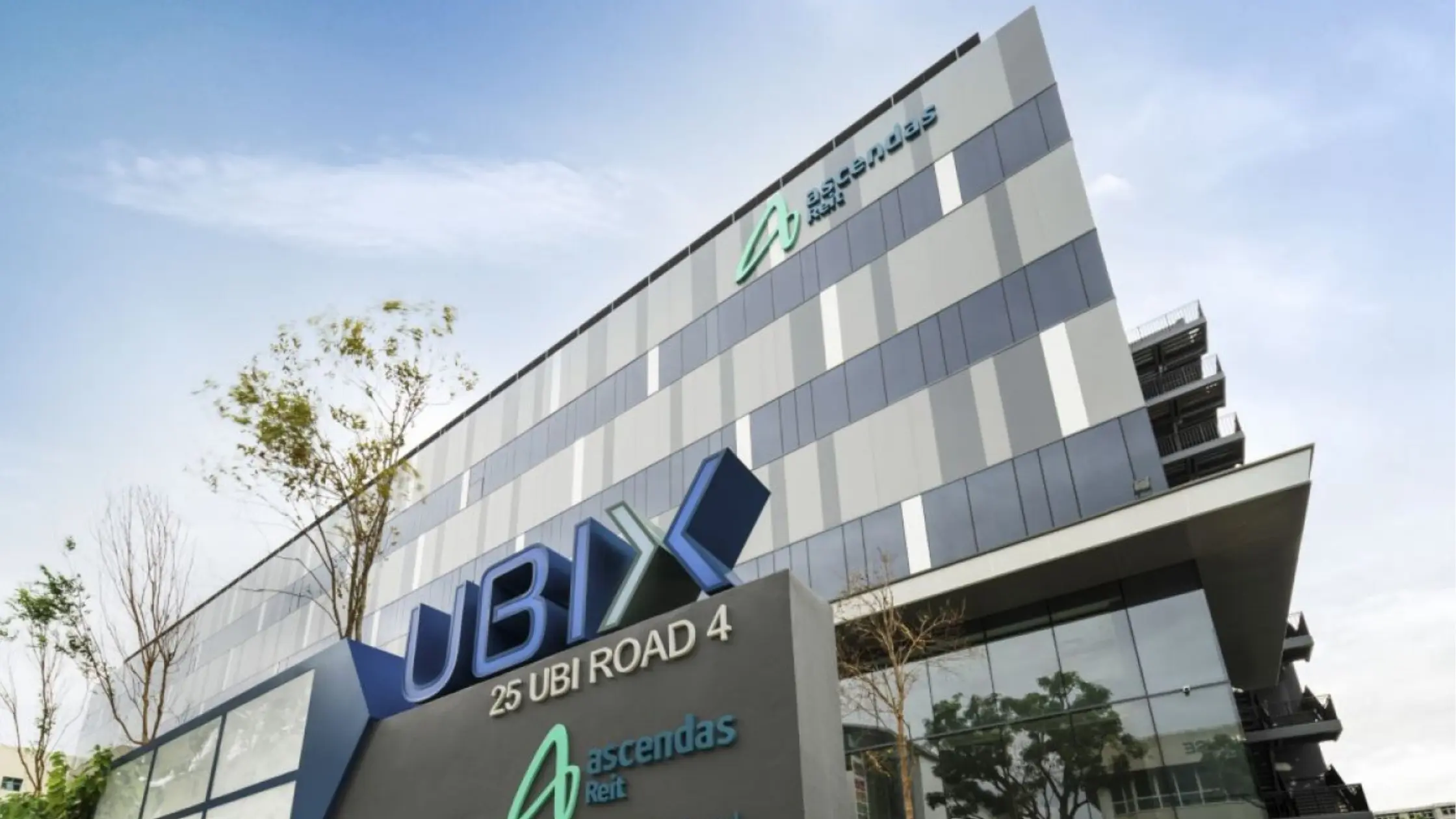The electric vehicle (EV) sector, particularly in China, has experienced unprecedented growth over the past few years, with companies like Nio Inc. (NYSE: NIO) (SGX: NIO) (SEHK: 9866) leading the charge. However, the start of the year has seen a noticeable downturn in the share prices of Chinese EV manufacturers, including Nio, XPeng Inc. (NYSE: XPEV) (SEHK: 9868), and Li Auto (NASDAQ: LI) (SEHK: 2015). This decline has left investors and industry watchers pondering the reasons behind the slump. Here, we delve into the five key factors contributing to the downturn in NIO’s share prices and those of its peers in the Chinese EV market.
1. Intense Competition and Price Wars
One of the primary reasons for the decline in share prices is the intense competition within the Chinese EV market. Major players like Tesla Inc. (NASDAQ: TSLA) and BYD Company Ltd (SEHK: 1211) (SZSE: 002594), have significantly increased the competitive stakes. These companies have initiated price cuts to spur sales, creating a challenging environment for smaller EV manufacturers like Nio, XPeng, and Li Auto to maintain their pricing power and market share.
2. Economic Slowdown in China
China’s economic recovery has been slower than expected, affecting consumer confidence and spending habits. Large purchases, such as EVs, have been particularly impacted, with vehicle sales numbers confirming a slowdown. The economic challenges, compounded by the lingering effects of the pandemic and geopolitical tensions, have directly influenced the automotive sector, leading to reduced demand for new vehicles.
3. Market Sentiment and Sell-Offs
The recent downturn can also be attributed to a broader sell-off in the tech and growth sectors, with EV stocks being no exception. Investors, responding to the record deliveries reported by EV companies in December, decided to “sell the news,” contributing to the sharp decline in share prices. This behavior reflects the market’s sensitivity to both company-specific news and broader economic indicators.
4. Regulatory Concerns
The Chinese government’s regulatory stance on technology and private enterprises has also played a role in affecting investor sentiment towards Chinese EV companies. Although the government has been supportive of the EV sector through subsidies and incentives, regulatory crackdowns in other sectors have led to a cautious approach by investors, fearing potential impacts on the EV industry.
5. Supply Chain Challenges
Supply chain disruptions have continued to plague the automotive industry, with Chinese EV makers facing challenges related to the availability of critical components, such as semiconductors. These disruptions have affected production schedules and delivery timelines, impacting company revenues and profitability, and by extension, investor confidence in these companies’ short-term prospects.
Looking Beyond the Dip: The Road Ahead for Nio and the Chinese EV Market
While the decline in Nio’s share prices and those of other Chinese EV manufacturers reflects current market challenges, it’s essential to view these developments within a broader context. The long-term outlook for the EV market in China remains positive, supported by government policies promoting green energy, technological advancements, and the growing consumer shift towards electric vehicles. As the market navigates these short-term headwinds, companies like NIO that continue to innovate and expand their market presence could well emerge stronger, offering potential opportunities for discerning investors.
Disclaimer: ProsperUs Head of Content & Investment Lead Billy Toh doesn’t own shares of any companies mentioned.







